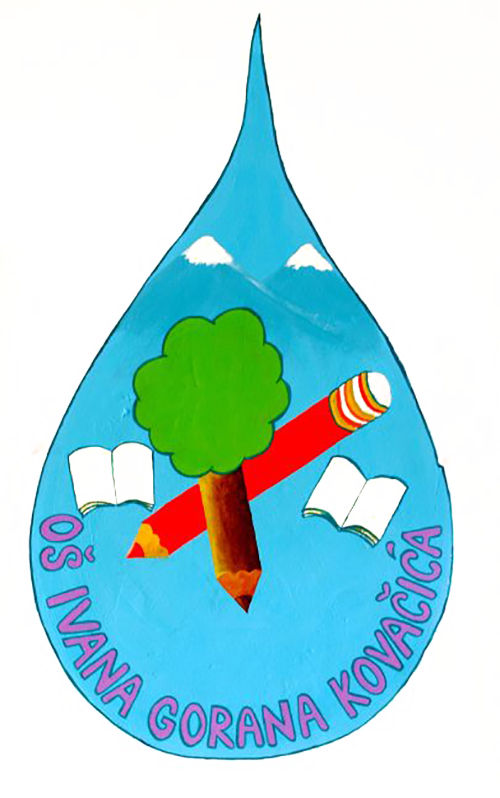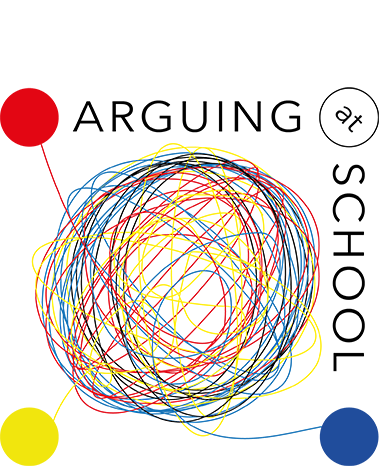Arguing at School is a project carried out within the Erasmus + KA2 2021 program (Cooperative Partnerships in School Education), by a consortium of 10 partners from 5 countries (Italy, Croatia, Malta, Romania and Belgium).
The duration of the project is from December 2021 to November 2024.
The project is dedicated to the comparison between different methods of approach and management of quarrels between peers (2-18 years). The work between the partners explores the issue of school conflicts and the approaches that adults (teachers and educators) have in these situations.
WHY AN INTERNATIONAL PROJECT ON QUARRELS?
The project Arguing at School takes place in a national and international context where, at first recognition, the topic of conflicts and quarrels between students usually represents a taboo for many adults: from our experience, many teachers react to students’ arguing on the basis of their own experience or individual sensitivity. Schools rarely use effective methods, shared with all teachers.
The partners built the project around some key questions:
- What happens when a quarrel between students happens? How is this phenomenon perceived by teachers? How do they intervene?
- Is the intervention of teachers the result of a school strategy?
- Is there specific training for adults on this issue?
- Is there a pedagogical method or an approach chosen by the school? What are the results?
- What is the impact of introducing a pedagogical method at school on quarrels between peers?
By comparing different methodologies, approaches and experiences developed by some project partners, the working group will highlight similarities and differences, limitations and strengths of each method, in order to make them known to new schools and the world of education.
In fact, different contexts and age groups require specific tools and attention. The work on the whole school age group will allow understanding of how to improve the transferability of the methods, already in progress, and the educational cohesion among adults who can face these situations.














